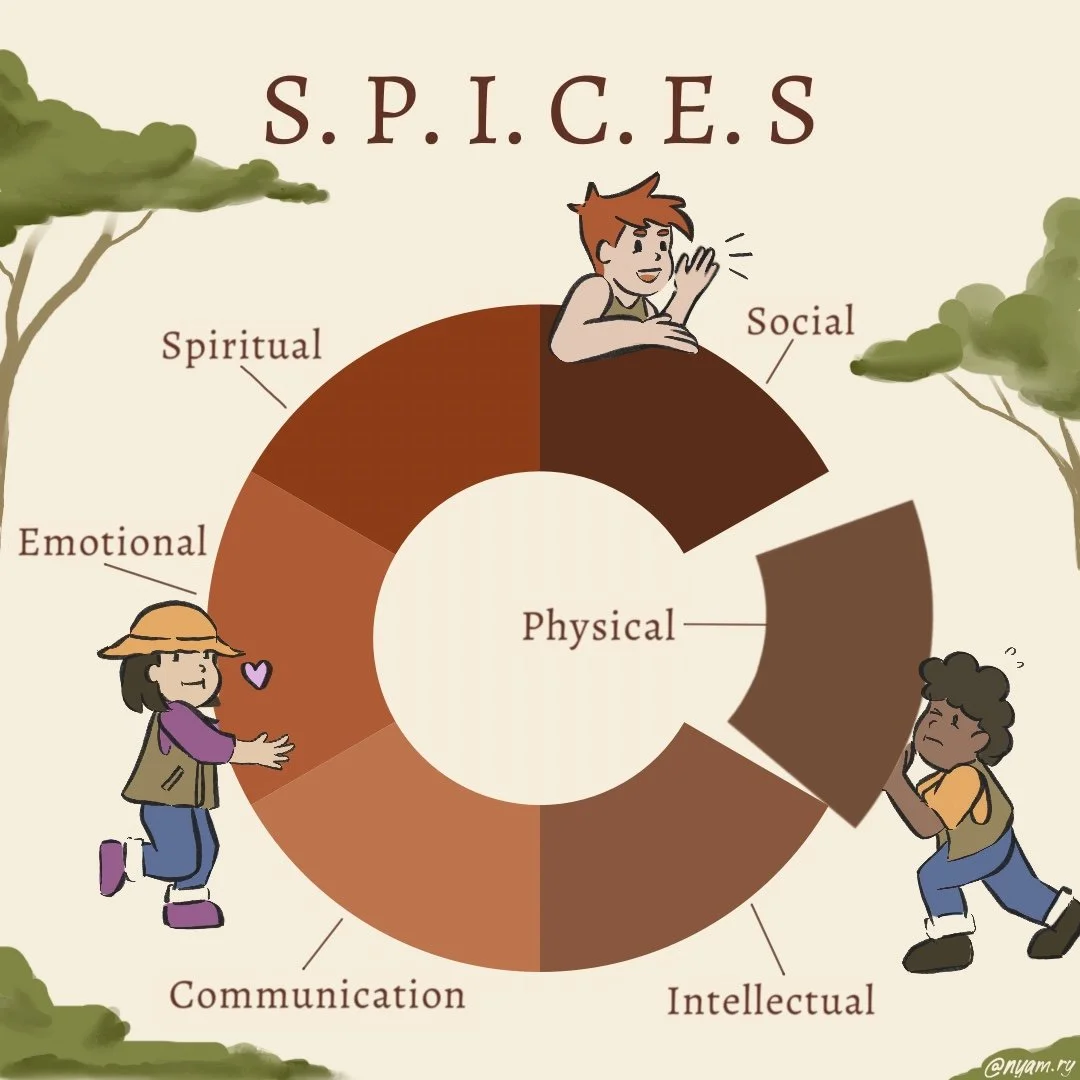Going Beyond School Readiness: Exploring Forest School's Role
The concept of ensuring a child's readiness for the academic environment often surfaces among parents. Yet, what precisely does this entail?
Traditionally, school readiness encompasses several facets:
A robust set of social skills.
Emotional resilience in the face of separation from caregivers.
Demonstrable independence in personal care.
A natural curiosity and eagerness to learn about the world.
However, there exists a realm where these attributes can be nurtured and cultivated holistically: Forest School.
Originating from the Scandinavian ethos, Forest School represents a model where learning intertwines seamlessly with play, particularly in the great outdoors. In these regions, formal schooling commences at a later age, allowing ample time for children to hone their social and emotional skills through playful exploration.
What makes Forest School so potent?
The efficacy of Forest School lies in its holistic approach to child development, acknowledging the interconnectedness of various domains like the mind, body and the environment.
There are 6 areas of development that are all influenced at one time and not as stand alone areas. They are Social, Physical, Intellectual, Communication, Emotional and Spiritual (SPICES) (Sackville-Ford & Davenport, 2019).
The SPICES model
Used by Forest School practitioners to encourage a holistic approach to learning.
Let's explore each and how these influence school readiness.
Social: Forest School fosters environments conducive to meaningful interactions, laying the groundwork for language acquisition, logical reasoning, and collaborative problem-solving. The spontaneity of outdoor experiences often sparks engaging dialogues, nurturing language proficiency and cognitive agility.
Physical: Immersed in natural settings, children engage in dynamic activities that stimulate physical prowess and cognitive function alike. From climbing trees to traversing uneven terrain, each endeavor contributes to the refinement of gross and fine motor skills, preparing youngsters for the rigors of formal education.
Intellectual: Nature serves as a boundless wellspring of cognitive stimuli, nurturing children's curiosity and capacity for inquiry. Through unstructured play and hands-on exploration, young learners embark on journeys of self-discovery, equipped with the tools to navigate complex concepts and problem-solving scenarios.
Communication: The rich tapestry of the outdoor environment offers myriad opportunities for linguistic development and expression. Children engage in dialogue-rich experiences, exchanging ideas, articulating thoughts, and refining their communication skills within a supportive and immersive environment.
Emotional: Interacting with nature cultivates emotional intelligence and resilience, as children learn to navigate challenges, manage their emotions, and forge meaningful connections with their surroundings. From negotiating social dynamics to confronting natural obstacles, each experience fosters adaptability and fortitude, essential qualities for navigating life's complexities.
Spiritual: Beyond its tangible exploration, nature invites contemplation and introspection, nurturing children's sense of wonder and awe. Through encounters with the natural world, youngsters develop an appreciation for interconnectedness, ethics, and existential inquiry, laying the foundation for holistic spiritual growth.
In essence, Forest School transcends the mere preparation for formal education; it instills in children a readiness for life's challenges and opportunities. Through its immersive and integrative approach, it equips young learners with the skills, resilience, and curiosity essential for thriving in an ever-evolving world.
Written by Sabrina
References:
Sackville-Ford, Mark, and Helen Davenport. “Chapter 10.” Critical Issues in Forest Schools, SAGE Publications, London, England, 2019, pp. 126–126.

